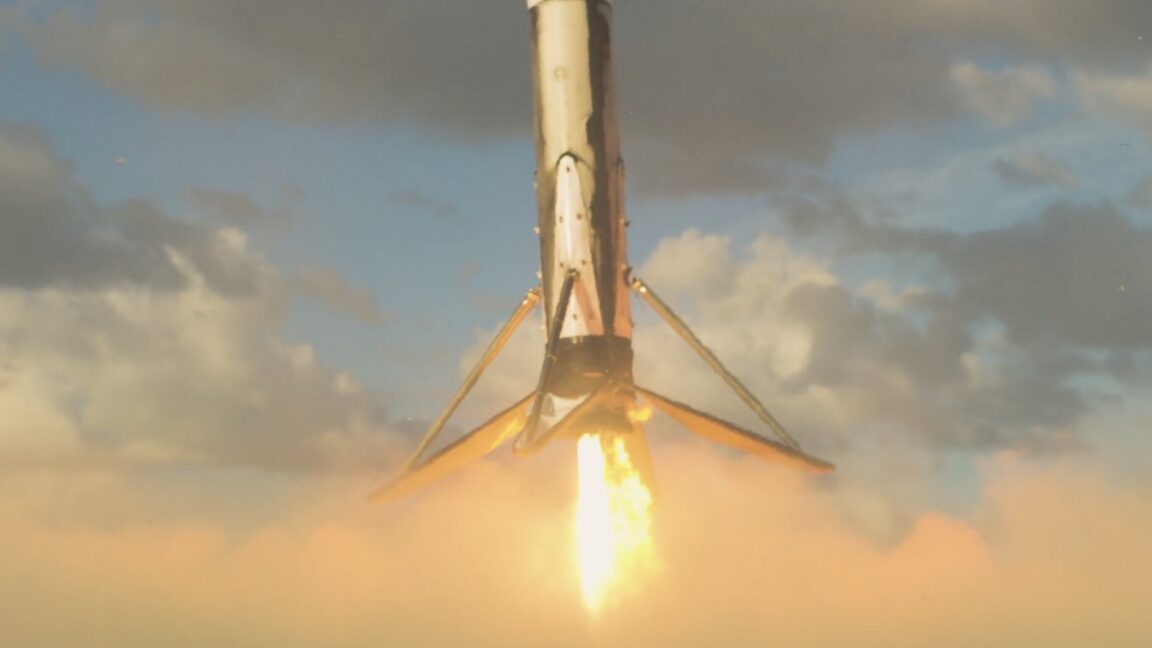
"SpaceX scored its 500th landing of a Falcon 9 first stage booster on an otherwise routine flight earlier this month, sending 28 Starlink communications satellites into orbit. Barring any unforeseen problems, SpaceX will mark the 500th re-flight of a Falcon first stage later this year."
"A handful of other US companies, including Blue Origin, Rocket Lab, Relativity Space, and Stoke Space, are on the way to replicating or building on SpaceX's achievements in recycling rocket parts. These launch providers are racing a medley of Chinese rocket builders to become the second company to land and reuse a first stage booster."
"But it will be many years-perhaps a decade or longer-until anyone else matches the kinds of numbers SpaceX is racking up in the realm of reusable rockets. SpaceX's dominance in this field is one of the most important advantages the United States has over China as competition between the two nations extends into space, US Space Force officials said Monday. "It's concerning how fast they're going," said Brig. Gen. Brian Sidari, the Space Force's deputy chief of space operations for intelligence. "I'm concerned about when the Chinese figure out how to do reusable lift that allows them to put more capability on orbit at a quicker cadence than currently exists.""
SpaceX has achieved hundreds of reusable first-stage landings and is approaching its 500th Falcon re-flight, enabling far higher launch cadence and cost efficiency. Several U.S. companies are developing reusable rockets to replicate or extend that capability, while Chinese builders operate many rocket types but with far fewer repeat flights. The United States currently benefits from Falcon 9's high flight count, reducing the need for many separate launch vehicles. U.S. defense officials express concern that if China develops similar reusable lift capability, China could deploy more assets on orbit more rapidly.
Read at Ars Technica
Unable to calculate read time
Collection
[
|
...
]